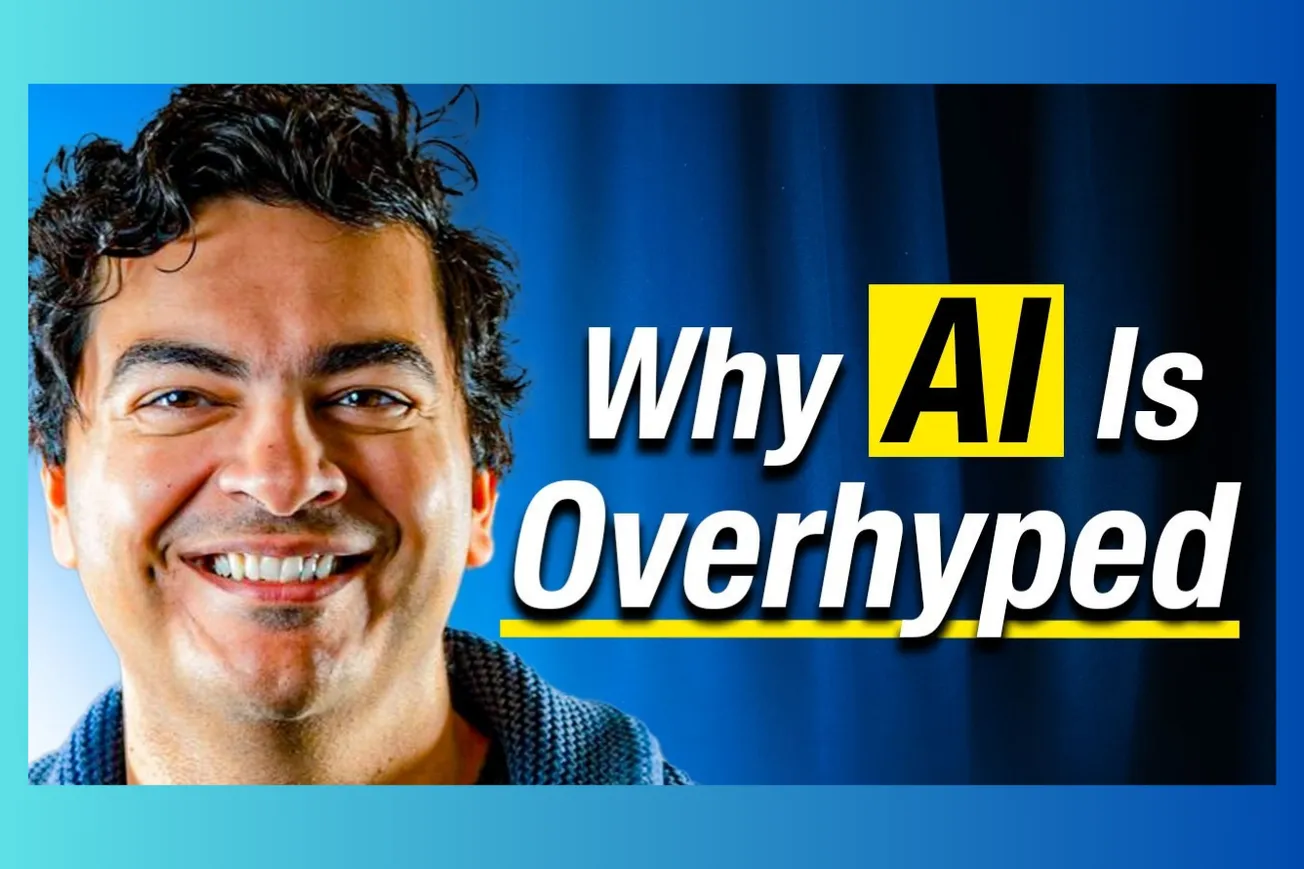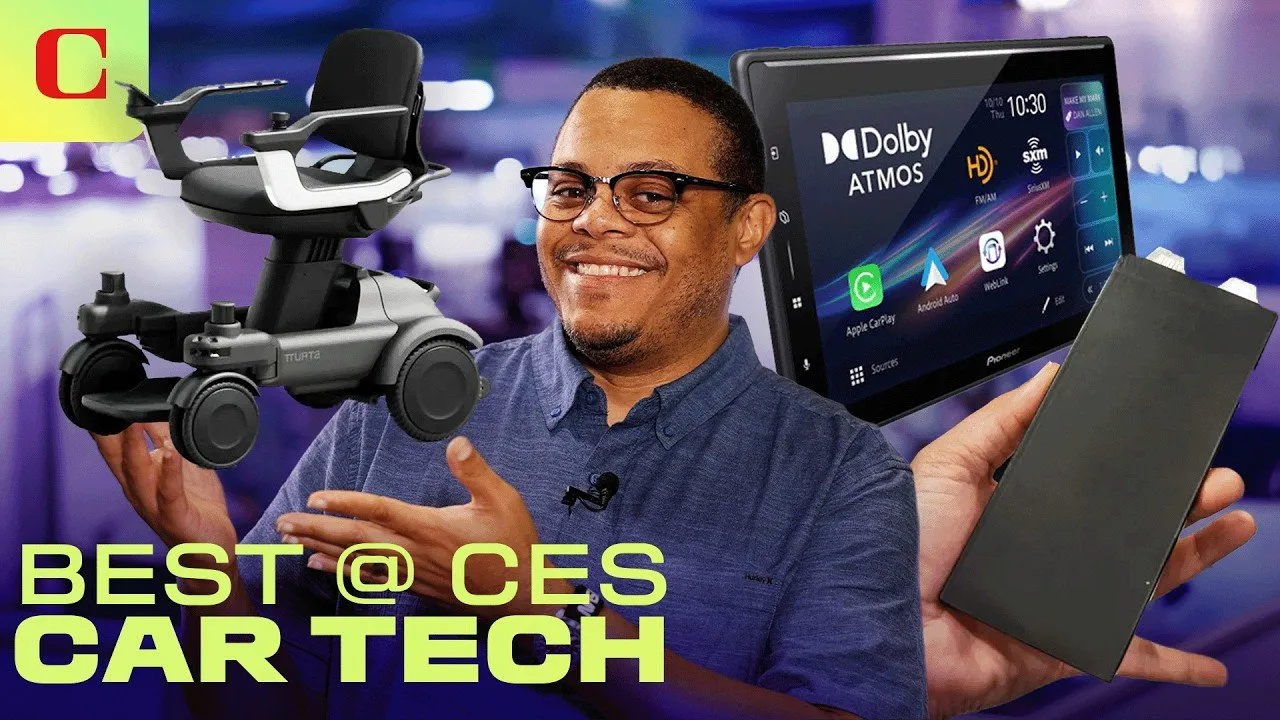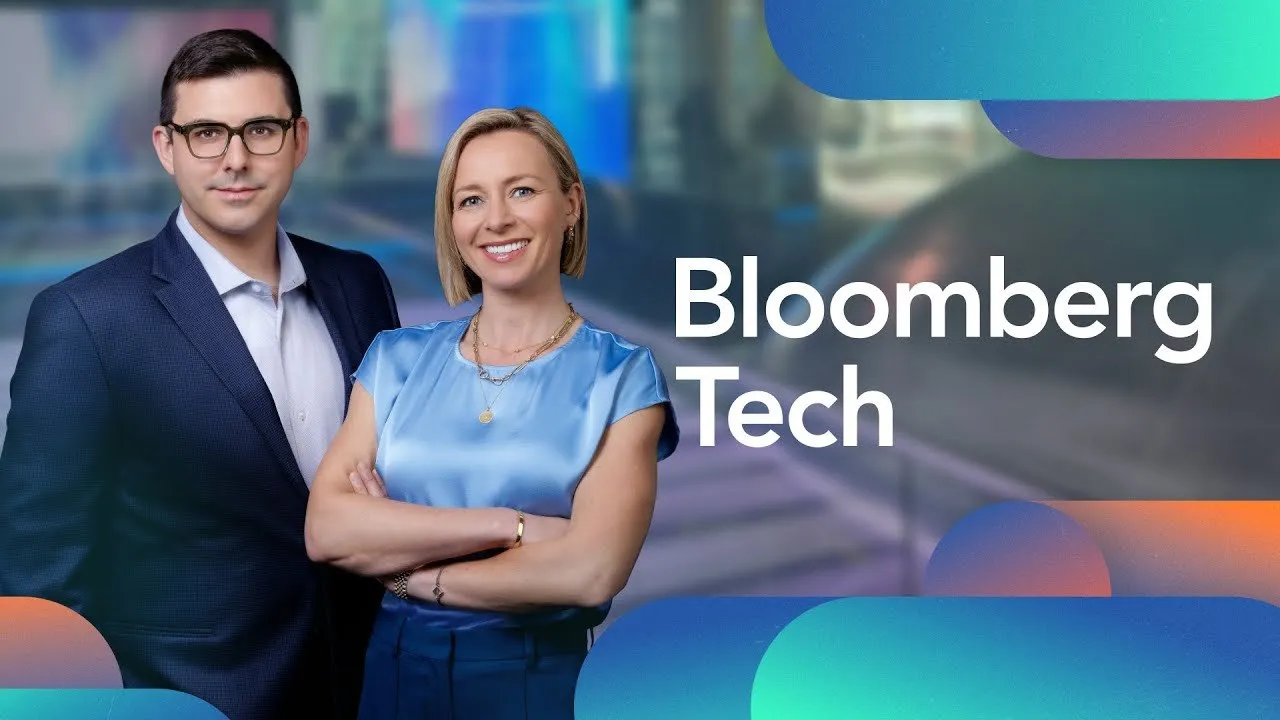Table of Contents
Mercury founder Immad Akhund launches a $26M venture fund after 350 angel deals—here’s what he’s betting on, and what he’s learned.
Key Takeaways
- Immad Akhund launched a $26M institutional venture fund after personally making 350 angel investments since 2016.
- His investment strategy prioritizes serial founders with a “chip on their shoulder” and pragmatic traction over hype.
- Akhund’s experience with Mercury heavily shapes his approach—he favors product depth and founder independence over hands-on investor roles.
- He’s critical of inflated seed valuations in AI and avoids overhyped verticals unless founders bring domain expertise or real traction.
- Mercury’s early focus on banking delayed credit card expansion—he considers that his biggest product oversight.
- Strong founder networks and personalized support trump platform-style VC “value add” in his view.
- He sees capital discipline, not valuation moderation, as the key to managing high-flying fundraises.
- Akhund believes space tech is underexploited at seed level, offering better valuations and innovation upside than saturated AI.
- The fund will write $150K checks across ~60 companies, emphasizing non-lead rounds with optional selective reserves.
The Unconventional Path from Founder to Fund Manager
- After 350 angel investments, Immad Akhund wasn’t just dabbling—he was overwhelmed by deal flow. That prompted the formal leap into fund management.
- He partnered with Yash Toshi, a longtime collaborator and early Mercury backer, to scale up from AngelList syndicates to a $26 million institutional fund.
- Akhund designed the fund for breadth: 60 portfolio companies, with a lean average check of $150,000 and a strategy centered on tagging into elite lead rounds.
“I'm not trying to lead rounds. I don’t have the time. But top-tier founders still want me on their cap tables.”
- His investment ethos: back founders he believes in, skip the micromanaging, and stay available when it matters.
Angel Investing at Scale: Lessons from 350 Bets
- Akhund’s journey began post-exit in 2016. He quickly learned that imposing his ideas on founders rarely worked—backing them on their terms did.
- His most successful investments, like Rappi and Truebill, scaled fast and rarely sought help—proving that founders, not VCs, drive success.
- Truebill returned 30x+ in five years. The secret? Gritty repeat founders and perfect exit timing in 2021.
- Big lesson from early missteps: judging young founders too harshly can be costly. Scale AI was his biggest miss due to underestimating youth.
“Being a serial entrepreneur is irrational—but if they’re doing it again, you know they’re serious.”
- Serial founders with something to prove top his list. But he also values domain-naïveté—Mercury itself came from a place of outsider curiosity.
How Valuation and Capital Discipline Intersect
- Akhund holds a nuanced take on high valuations. He raised Mercury’s Series B at 120x revenue—and says he’d do it again.
- The key? Raise enough to never need to raise again—and resist the temptation to spend it.
“The mistake isn’t chasing a high valuation. It’s raising too little or spending too much.”
- His advice to founders is blunt: don’t let inflated paper valuations tempt you into scaling recklessly.
What Defines a Valuable VC Partner
- Akhund devalues most platform-level VC “services”—calling them justification for management fees.
- Instead, two factors matter: (1) the partner on the deal, and (2) the founder network they enable.
- He credits Sequoia’s diligence-heavy process and conviction-led decision-making as key reasons for bringing them into Mercury’s Series C.
AI Fatigue and the Rise of Space Tech
- Akhund is selective on AI—only backing startups with serious traction or founders with deep domain experience.
- He sees most seed AI as overcrowded, overpriced, and idea-repetitive.
- Instead, he’s leaning into harder, less hyped areas like space tech, where deal quality is high and early-stage capital is scarce.
“You’re seeing the fifth version of the same AI pitch get funded. It’s insane.”
- Past bets like Stoke Space and Albedo are examples of Akhund going deep into sectors most investors ignore—after spending years learning the landscape.
Why Founders Still Matter More Than Funds
- When Mercury launched in 2019, Akhund’s investor network seeded its first 30 customers. That overlap has only grown stronger.
- He believes founder-brand synergy enhances both Mercury’s growth and the fund’s sourcing pipeline.
- His LPs include institutional backers (60%) and a mix of fellow GPs and entrepreneurs, including a $7.5M anchor check.
- Akhund insists transparency and mutual value define his dual role as CEO and fund manager.
“My investing helps Mercury, and Mercury helps my investing. It works because they feed into each other.”
- His end goal? Possibly build a larger, more scalable fund platform—though for now, Fund I is an exploratory step.
The Venture Outlook: Barbell Dynamics and Market Shifts
- Akhund predicts the barbell dynamic will intensify: only massive multistage firms and tiny flexible funds will thrive.
- Mid-sized seed funds may get squeezed between big fund firepower and solo GP agility.
- He expects more public VC firms, more liquidity in secondary markets, and deeper public-private convergence.
- Still, he champions private liquidity for employees and sees early secondary options as vital to startup culture.
Building a Culture That Outlasts the Hype
- Akhund credits Mercury’s tight culture to defining values early—at the 4-person mark. That clarity shaped every hire after.
“We wrote down our six attributes from day one. Culture scales when it starts early.”
- His biggest internal regret? Delaying Mercury’s credit card product until 2022, missing a two-year head start.
Externally, he now advises founders: write culture early, launch products faster, and invest only when you can afford to go broad.
Mercury’s founder may have raised a $26M fund—but his real capital is conviction.





